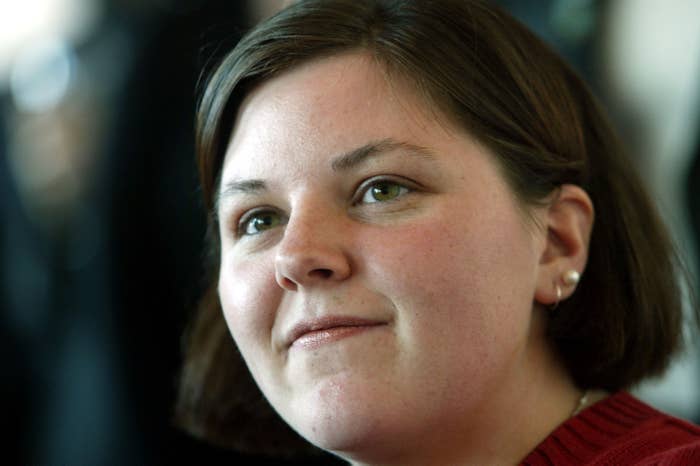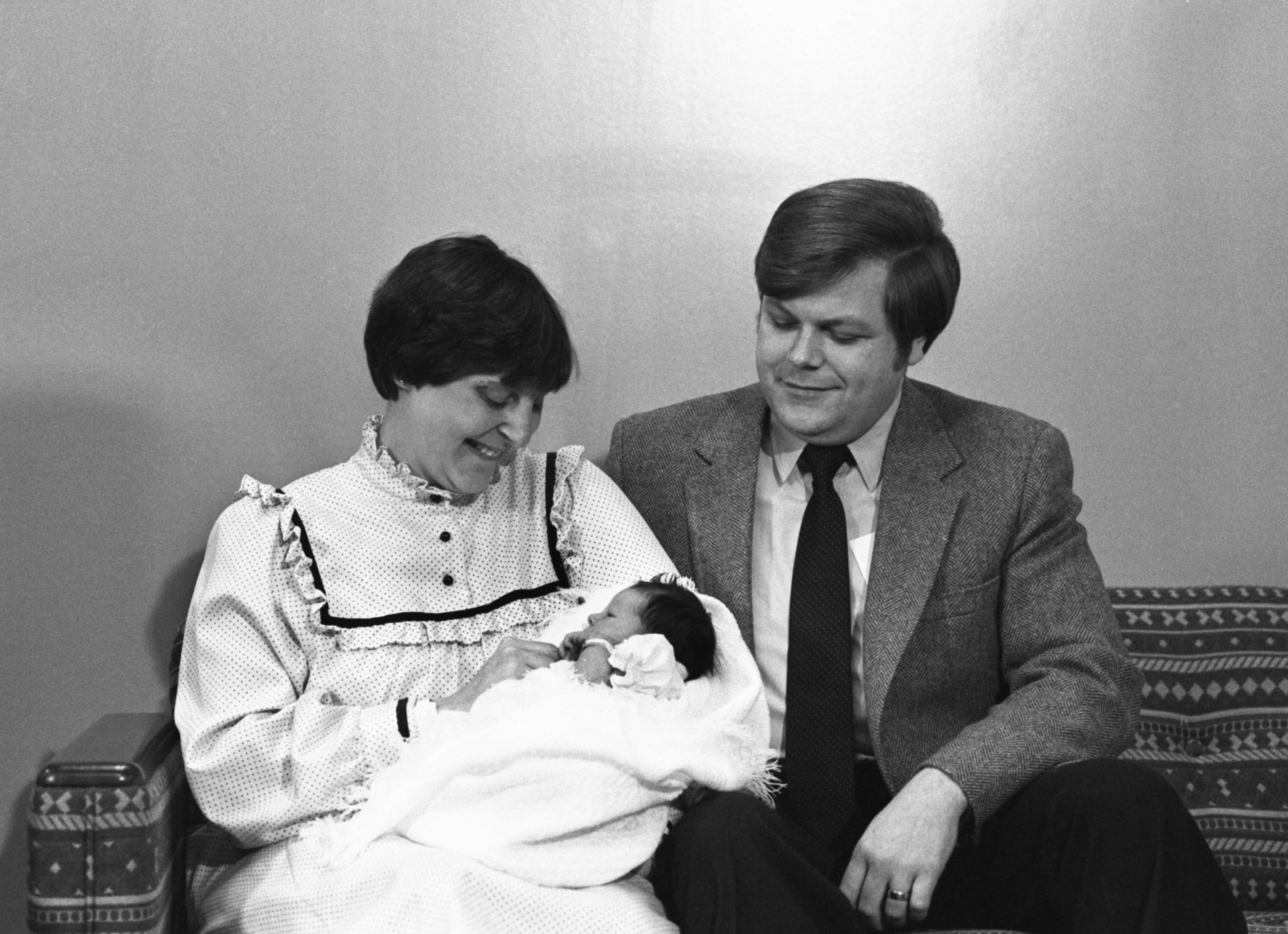Elizabeth Carr fears that she’s an “endangered species” because of the Alabama Supreme Court’s controversial ruling on reproductive rights.
On Monday, WBUR-FM, Boston’s NPR news station, published an essay by Carr, who made headlines around the world in 1981 when she became the first baby to be born in the U.S. through in vitro fertilization. In her essay, Carr challenged the state court’s ruling that frozen embryos should legally be considered “children.”
“Last week’s ruling was clearly written without a true understanding of the IVF procedure and a total disregard for the science of assisted reproductive technology,” Carr wrote. “No one understands better than the infertility community that embryos are not children. Success in IVF means bringing home a baby, not solely creating embryos.”

Carr described embryos as “simply one of many complicated steps one has to take in order to even have a chance of having a live birth.”
She pointed out that IVF is “a complicated multi-step process” that not only includes “hormone injections, egg retrieval and an embryo transfer” but also demands “financial resources, timing, science and scheduling.”
“And now the Alabama Supreme Court has made it more challenging for Alabamians to have an IVF baby in 2024 than it was for my parents in 1981. Science should move us forward, not backward,” Carr wrote.
The Alabama Supreme Court made its ruling earlier this month after three Alabama couples sued a fertility clinic for wrongful death after a patient accessed the freezer their embryos were stored in and dropped them on the floor. The ruling, which is riddled with theology, now gives couples who lose frozen embryos kept at storage facilities or fertility clinics the power to sue for wrongful death of a minor child — even if it occurred by accident.

The decision has already severely affected IVF patients and providers. Three of the largest fertility clinics in the state announcing that they’ve paused IVF services to avoid legal risk in the wake of the decision. To make matters worse for IVF patients, nationwide embryo shipping services have said they are pausing embryo transport to and from Alabama.
Although the ruling is steeped in right-wing values, Republicans have tried to distance themselves from the controversial decision.
Alabama Gov. Kay Ivey (R) said Friday that she supports “some couples hoping and praying to be parents who utilize IVF” and that she and GOP state lawmakers “are working on a solution to ensure we protect these families and life itself.”

HuffPost reached out to her office to clarify what Ivey meant by “some couples” but did not receive an immediate response.
Despite this, Carr does see a silver lining in Republicans’ twisting into knots over the decision.
“As I navigate these uncertain times, I remain steadfast in my belief that the power of science, coupled with compassionate legislation, will pave the way for a future where the dreams of parenthood through IVF are safeguarded, cherished and celebrated,” Carr concluded.
This post originally appeared on HuffPost.
